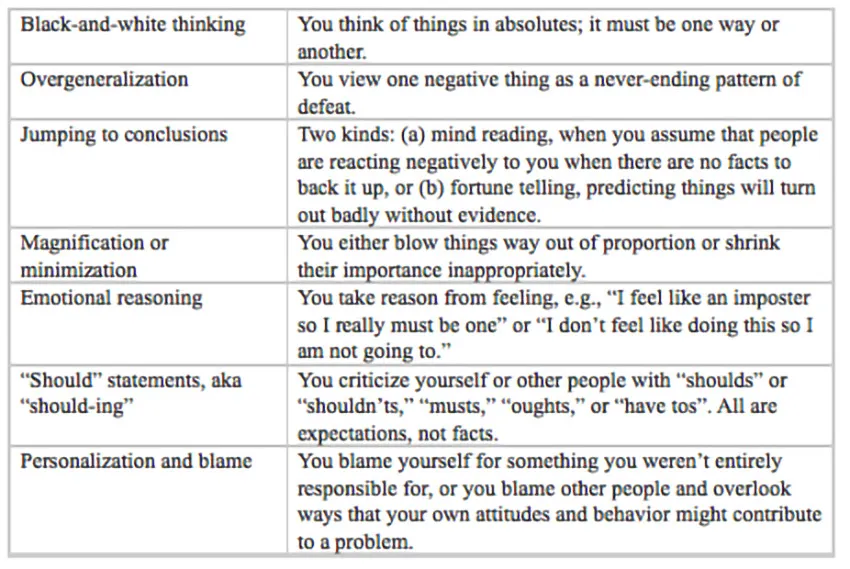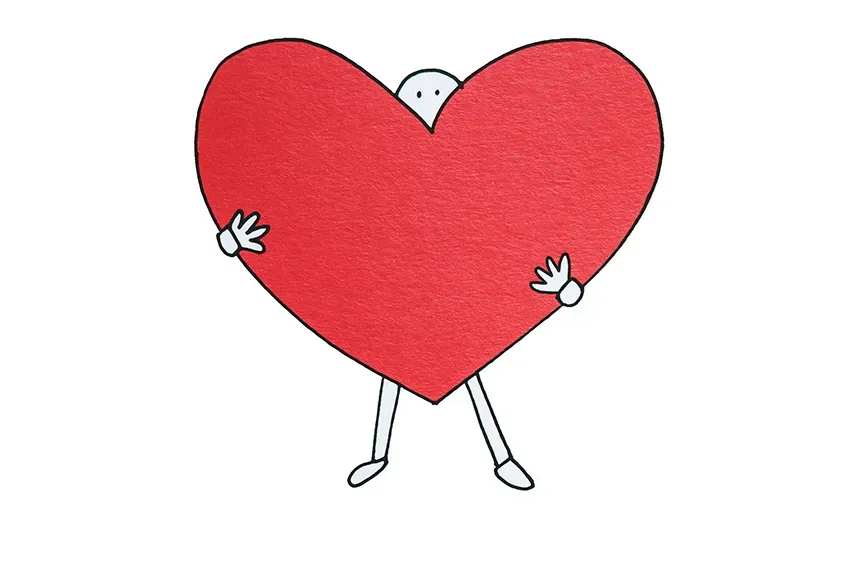
Ask Izzy is a biweekly advice column about relationships, mental health, and sexuality. Written by Isabel Mata – a Seattle-based lifestyle writer, podcast host, and mental health advocate – Ask Izzy offers tangible expert advice so all readers can have stronger relationships, better sex, and healthier mindsets. Looking for some more guidance? Submit your question to [email protected] with the subject line: Ask Izzy Submission.
If I could go back in time and give my younger Bisexual self some advice on foraging healthy relationships with others, I would begin with this: Before you can love someone else to your fullest ability, you must love yourself. And I don't mean that self-care marketing bullshit that beauty companies want you to believe in so you'll buy more of their products. I mean truly showing up for yourself and your needs every single day.
Here are three ways to foster a better relationship with yourself so you can be a better partner to others and live the life you've always dreamed of:
1. Set clear boundaries
This may seem obvious to some, but one of the best ways you can show yourself – and others around you – love is to maintain clear boundaries.
For those learning this word for the first time, a boundary is an imaginary line that separates you from others. Boundaries can be physical (e.g., do not touch me) or emotional (do not lie to me). Boundaries can also be based on time or space (e.g., when I am at work, please do not call me, or when my door is closed, that means I would like some space). When you set a boundary, you are setting the bar for how you deserve to be treated.
Believe it or not, setting boundaries is one of the deepest forms of self-love, because it lets others know what is or isn't acceptable. It also honors our own needs and wants so that we feel respected and safe in any relationship. It can also help prevent burnout, stress, anxiety, and further emotional burdens.
To start setting healthy boundaries, first, you need to acknowledge that you are a worthwhile person who deserves to be treated with respect. Period. Second, you can take a look at your relationships and acknowledge what boundaries you may or may not have already set. You might be surprised at how much you already do this! Third, decide what boundaries you would like to set in place. What are your needs and wants? Note: Your boundaries for friends versus family may look different. Lastly, communicate your boundaries in a respectful way and be respectful of others' boundaries.
2. Maintain a regular self-care routine
You've heard it before and here it is again: Taking care of your physical body is the first step to taking care of your emotional needs. When we feel good on the outside, we feel good on the inside.
When I was younger, I used to hate exercising. And that's because I thought doing it at the gym was the only way to exercise. Now, I've learned that moving your body in any capacity is just as good, if not better, than a formal workout.
Whether it's going to the gym, taking a long walk, or drawing a bath at the end of a long day, you are showing your inner child some much-needed love. It goes with the saying "you can't fill from an empty cup."
And it's true! When you do this every day, you will find that over time, the voice inside your head is kinder, more patient, and more loving than ever before. Therefore every day I make sure to do at least one thing for myself. Sometimes it's taking extra-long on my skincare routine, and other times it's reading a juicy book before bed. Whatever it is, do it with intention and make it a part of your daily routine.
3. Challenge your cognitive distortions
One of the most life-changing things I ever learned in therapy is that feelings are not facts. Just because you feel like everyone hates you and that you are a terrible person who does terrible things does not make it true. It is simply a distorted thought that is seriously unhelpful.
One way that cognitive distortions show up in your relationships is that you feel a certain way and then you act on it, even if there are no facts to back up the statement.
There are a bunch of different types of cognitive distortions, but here are the ones most likely to show up in your personal relationships:

Challenging your cognitive distortions will allow you to unlearn negative behavioral problems that often get in the way of having a healthy relationship. Which, in turn, will help you build a more balanced perspective. To start the process, here are some questions you can ask yourself to try and reframe your distortions when they arise:
• What evidence do I have that confirms my perspective?
• Are there aspects of this situation that I'm not seeing?
• Is there a middle ground or gray area that I'm rejecting?
• Is it realistic to hold myself to these expectations?
• Would somebody else also arrive at the same conclusion?
• What's the overall effect of how I'm thinking?
Conclusion
Despite what lifestyle magazines want you to believe about love, the key to a healthy and long-lasting relationship is your ability to show yourself love and kindness every single day. When we don't do that, we start to depend on others for happiness, which can lead to an emotionally imbalanced relationship.
But when you show up for yourself, you are saying that there is no relationship more important than the one you have with your subconscious. Eventually, this will be reflected to you in the way you treat others, making it easier to find (and keep!) the person of your dreams.


